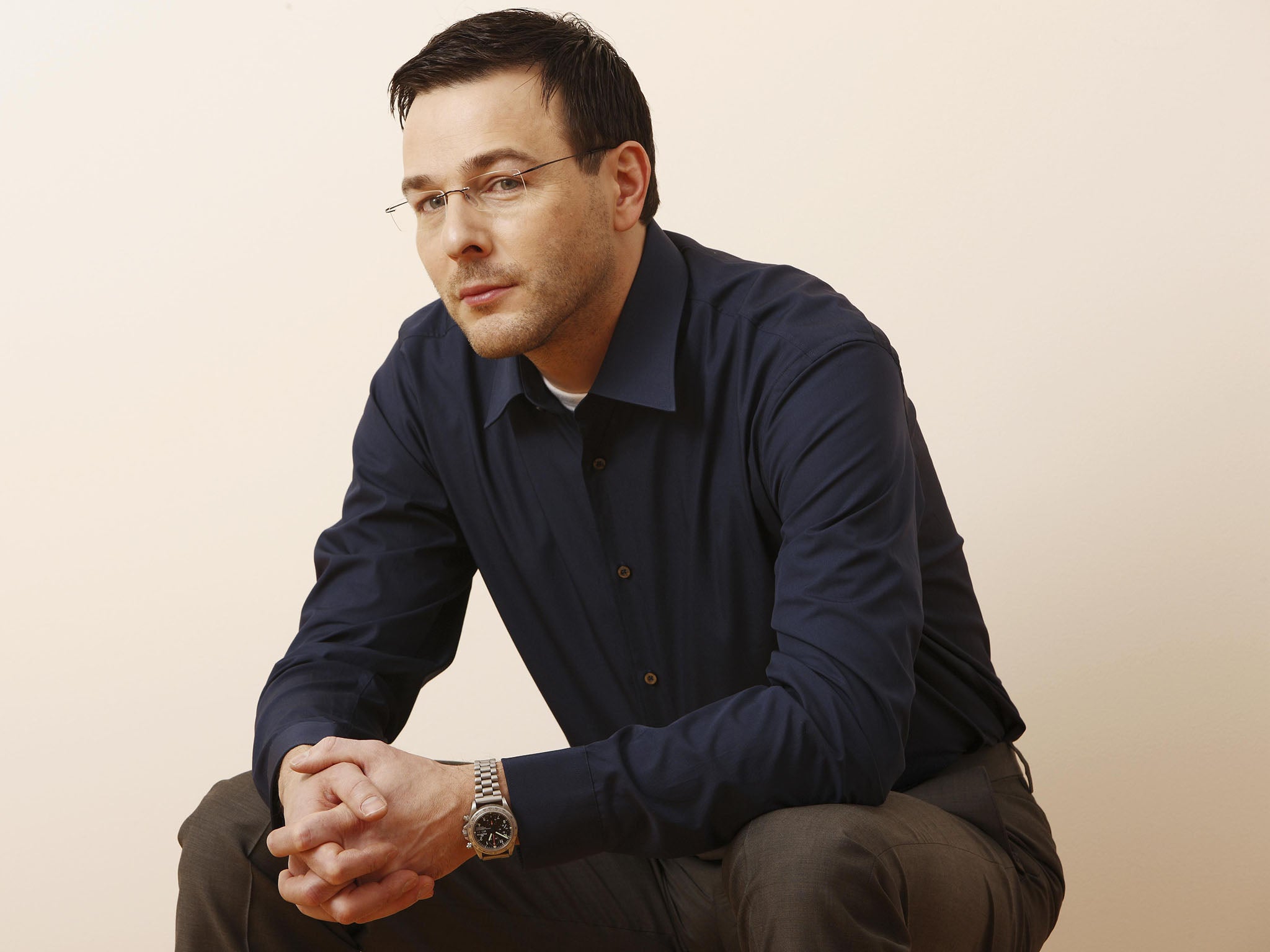Scholl/ Davies/ English Concert/Bicket, Wigmore Hall, review: Marveling at the artistry of two great countertenors
Andreas Scholl and Iestyn Davies provided a flawless evening

Your support helps us to tell the story
From reproductive rights to climate change to Big Tech, The Independent is on the ground when the story is developing. Whether it's investigating the financials of Elon Musk's pro-Trump PAC or producing our latest documentary, 'The A Word', which shines a light on the American women fighting for reproductive rights, we know how important it is to parse out the facts from the messaging.
At such a critical moment in US history, we need reporters on the ground. Your donation allows us to keep sending journalists to speak to both sides of the story.
The Independent is trusted by Americans across the entire political spectrum. And unlike many other quality news outlets, we choose not to lock Americans out of our reporting and analysis with paywalls. We believe quality journalism should be available to everyone, paid for by those who can afford it.
Your support makes all the difference.Andreas Scholl is nearly fifty, and embarking on a new career as a conductor; Iestyn Davies is currently packing them in with his incarnation of the castrato Farinelli at a West End theatre. Ten years ago Scholl was the acknowledged king countertenor; by common consent, Davies now wears the crown. And here they were together on stage. But this was no clash of the Titans: seldom have rival stars so gracefully complemented each other.
Their material was drawn from the golden age of countertenordom – the odes and laments of Henry Purcell and John Blow, interspersed with their instrumental compositions played by five members of the superb English Concert under Harry Bicket’s direction. The singers began with two duets which allowed us to compare their voices as well as their physical presences, Davies’s Tintin to Scholl’s Clark Kent. The older man’s voice was more delicate and yielding, and the younger’s power all but blew him offstage. But transcending the difference between their sounds was their shared artistry and purity of tone.
Alternating solos with duets, they took it in turns to stun us with beauty; the dark splendour of Purcell’s ‘Ode on the Death of Queen Mary’ was offset by the comic ‘Cold Song’ (Scholl’s calling-card) and ‘Evening Hymn’ (Davies’s ditto); their final encore was a brilliant reprise of ‘Sound the trumpet’ with Scholl ending in baritone mode and Davies embroidering on top. A flawless evening.
Join our commenting forum
Join thought-provoking conversations, follow other Independent readers and see their replies
Comments